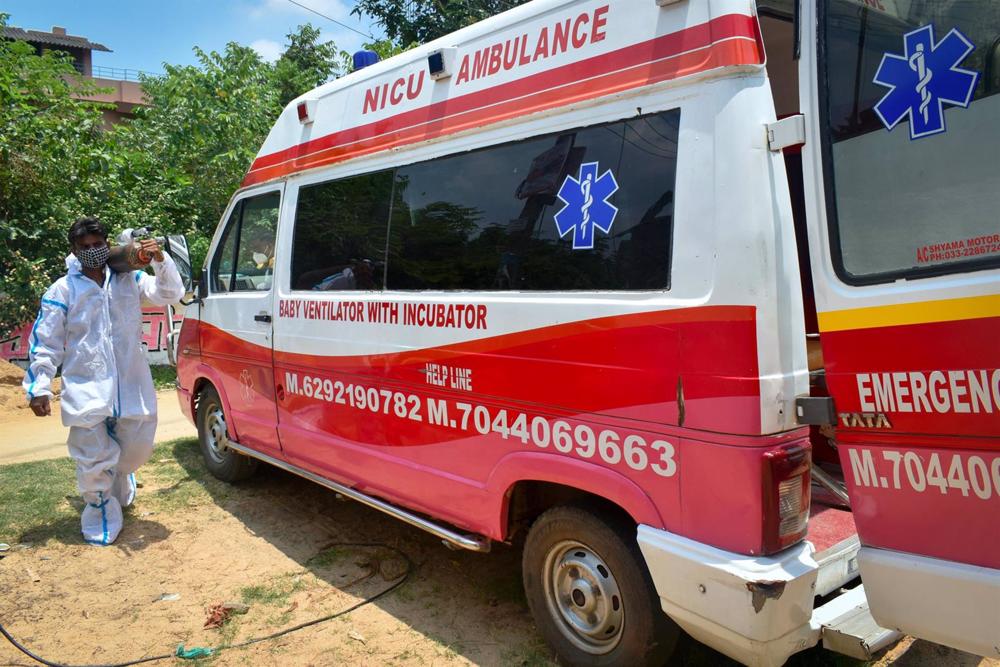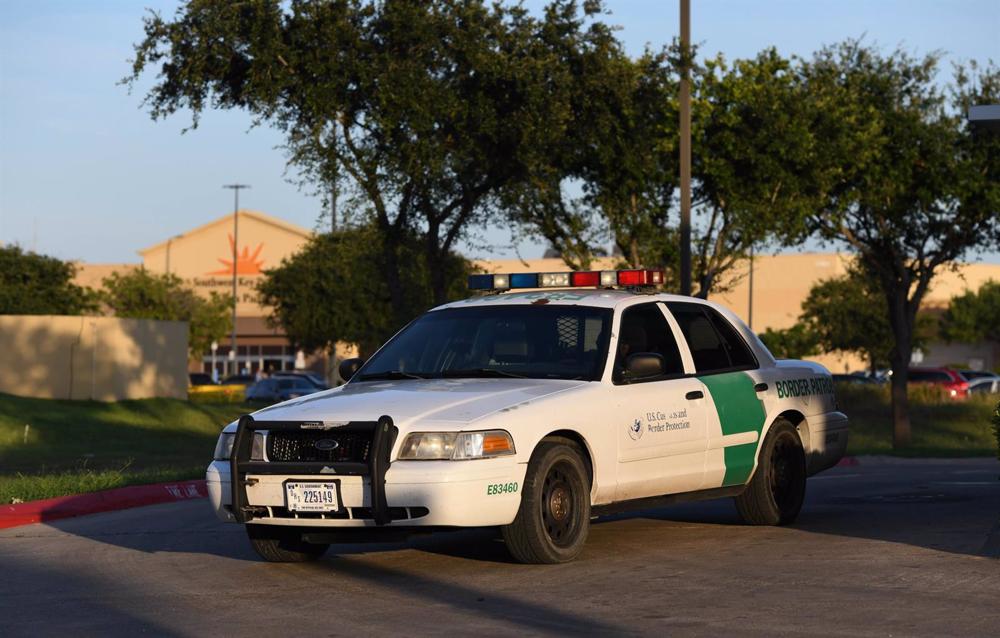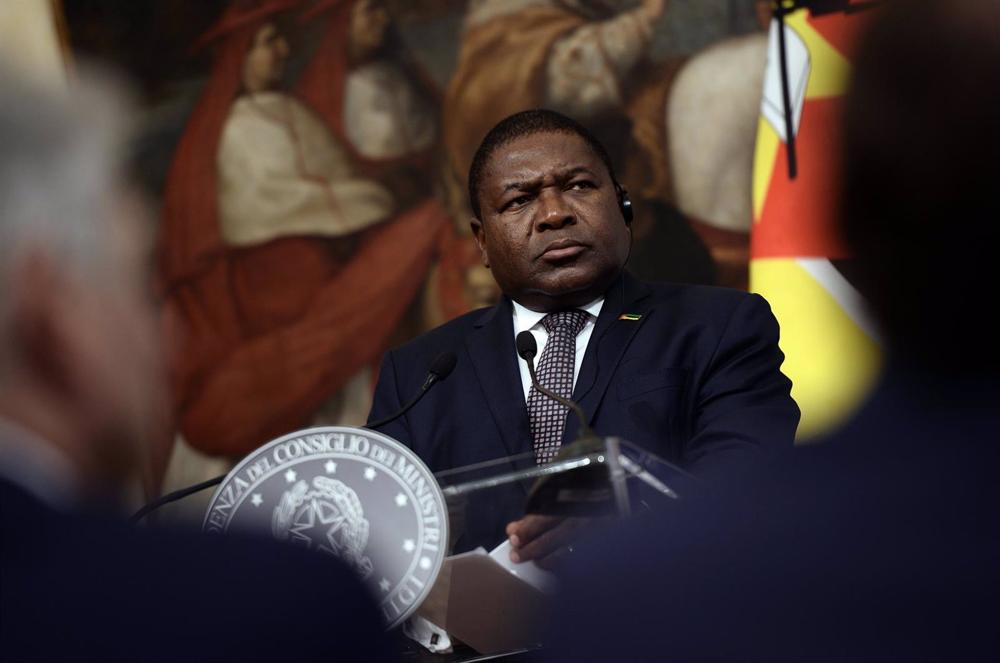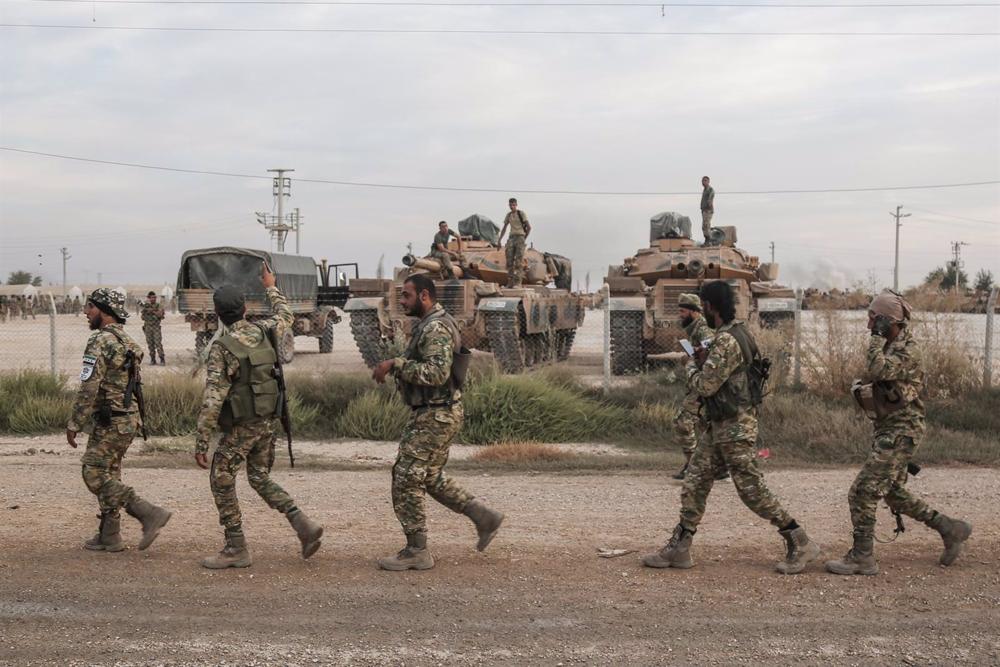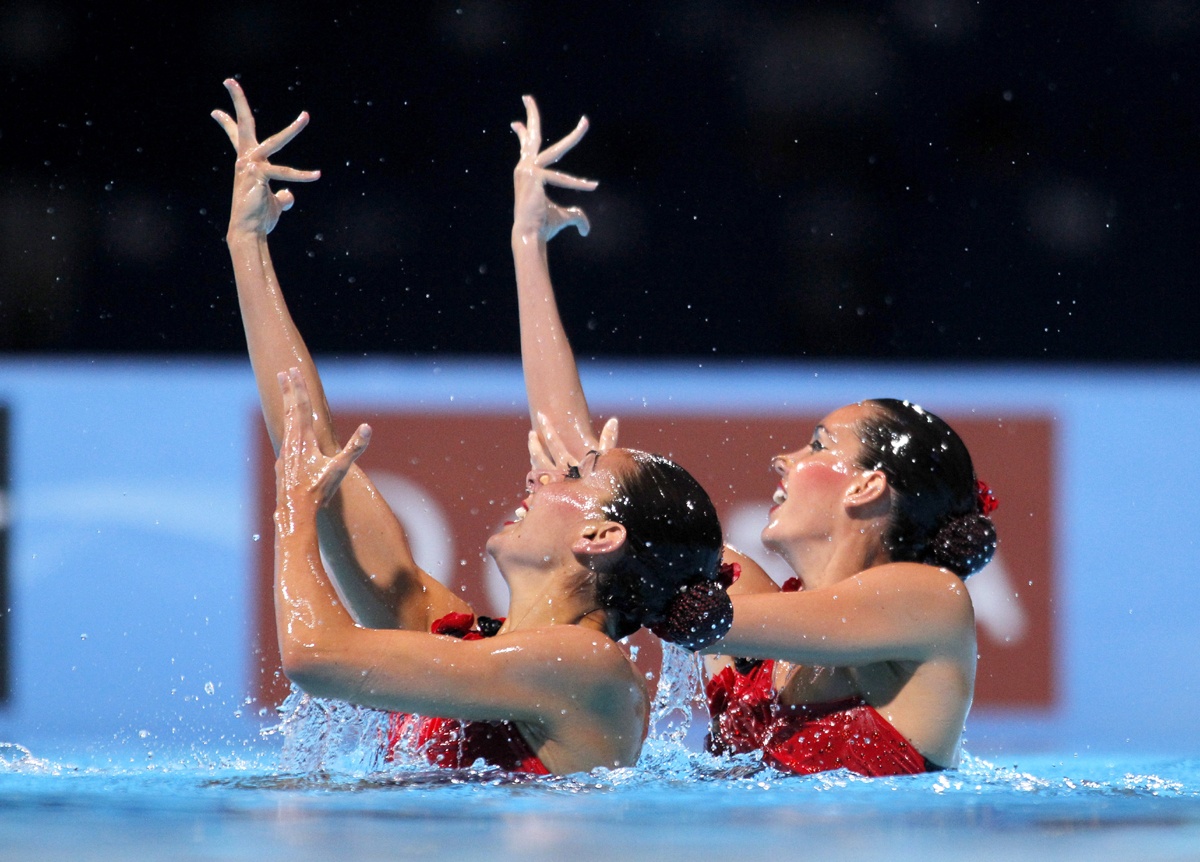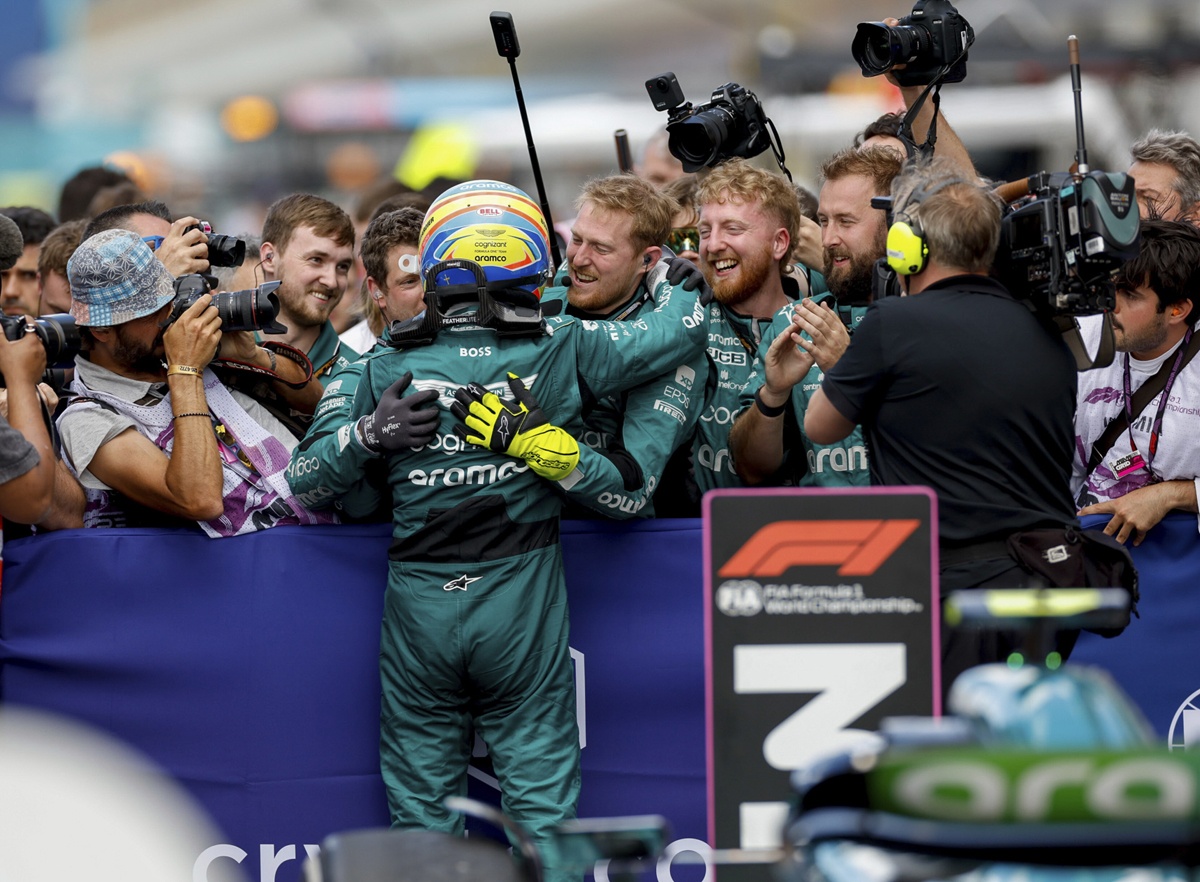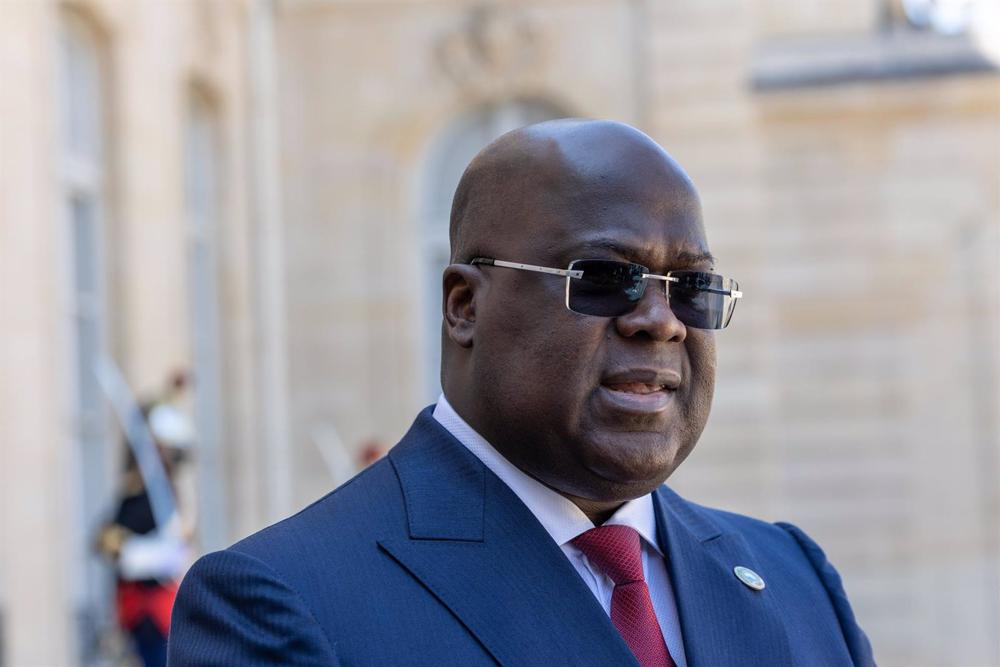
The Government of the Democratic Republic of Congo (DRC) has «strongly» denounced what it describes as an «illegal presence» of journalists «paid and influenced» by Rwanda, amid diplomatic tensions over clashes in the east between the Congolese Army and the rebel group March 23 Movement (M23).
The DRC Ministry of Communications and Media has said in a statement that «propaganda media have been escorted by the M23 and the Rwandan Army to multiple parts in eastern DRC, from Bunagana to Kishishe, including Bambo, Murimbi and Rutshuru.»
«This act should draw the attention of the national and international community to the new campaign of lies and distortions by Rwanda, promoting false testimony from local residents and manipulating the truth about the Kishishe massacre and other violent acts committed by the M23 and the Rwandan Army in Rutshuru, North Kivu,» he argued.
Thus, he said that the authorities «reserve the right to use all legal means against those who use false testimonies of innocent civilians abducted and threatened with death as part of Kigali’s campaign of lies,» according to a statement published by the ministry through its account on the social network Twitter.
«The collaboration between Rwanda and the M23 is further proof of the undeniable support that Rwandan President Paul Kagame has given to the M23 terrorists, who whip up insecurity in DRC, murder our compatriots and rape our women and daughters,» it stressed.
Finally, he reiterated that Kinshasa is ready to «initiate legal proceedings against those responsible for international crimes, including the massacres of Kishishe and Bambo, to seek justice for the victims and to obtain the payment of reparations». «The Executive will spare no effort to achieve peace and security in eastern DRC,» he reiterated.
The M23 rejected last week the accusations made by the United Nations about the killing of more than 130 civilians, including more than a dozen children, in Kishishe and Bambo in acts committed between November 29 and 30, according to the UN Mission in DRC (MONUSCO).
«The victims were arbitrarily executed by shooting or with bladed weapons. Eight others were injured and 60 were abducted. At least 22 women and five girls were raped,» MONUSCO said in a statement published on its website.
Relations between the DRC and Rwanda have been in crisis since the massive influx into eastern DRC of Rwandan Hutus accused of massacring Tutsis during the 1994 Rwandan genocide.
Tensions rose again in May, when the Congolese government summoned the Rwandan ambassador to denounce the country’s alleged support to the M23, something rejected by Kigali, which claims that Kinshasa gives support to the Democratic Forces for the Liberation of Rwanda (FDLR) – an armed rebel group founded and composed mainly by Hutus responsible for the 1994 genocide in the African country – to perpetrate attacks in Rwanda.
The M23 has been accused since November 2021 of carrying out attacks against Army positions in North Kivu, despite the fact that Congolese authorities and the M23 signed in December 2013 a peace agreement following fighting since 2012 with the Army, which was supported by UN troops. UN experts accused Uganda and Rwanda of supporting the rebels, although both countries denied it.
